30 Years Since F. W. de Klerk’s Great Betrayal
As even liberal and left-wing commentators agree, South Africa has been looted into bankruptcy by the radical ANC-Communist Party movement. On the thirtieth anniversary of its unbanning, Ilana Mercer places the blame for the catastrophic conditions in the country squarely on its last white president, F.W. de Klerk, and his calculated betrayal of his own people and constituents.
Published: February 10, 2020, 12:05 pm
On February 2, 1990, 30 years ago, F. W. de Klerk, South Africa’s last white president, turned the screws on his constituents, betraying the confidence we had placed in him.
I say “we,” because, prior to becoming president in 1989, Mr. de Klerk was my representative, in the greater Vereeniging region of Southern Transvaal, where I resided. (Our family subsequently moved to Cape Town.)
A constellation of circumstances had aligned to catapult de Klerk to a position of great power. A severe stroke forced the “The Crocodile,” President P. W. Botha, from power in 1989. Nothing in the background of his successor, President, F. W. de Klerk, indicated the revolutionary policies he would pursue.
To a 1992 referendum asking white voters if they favored de Klerk’s proposed reforms, we returned a resounding “yes.” Sixty-eight percent of respondents said “yes” to the proposed reforms of a man who sold his constituents out for a chance to frolic on the world stage with Nelson Mandela.
For surrendering South Africa to the ANC, de Klerk shared the Nobel Peace Prize with Mandela.
Why was de Klerk trusted to negotiate on behalf of a vulnerable racial minority? For good reason: De Klerk had made his views abundantly clear to constituents. “Negotiations would only be about power-sharing,” he promised. At the time, referendum respondents generally trusted de Klerk, who had specifically condemned crude majority rule. Such elections, in Africa, have traditionally amounted to one man, one vote, one time. Typically, elections across Africa have followed a familiar pattern: Radical black nationalist movements take power everywhere, then elections cease. Or, if they take place, they’re rigged.
Among much else, de Klerk’s loyal constituents agreed to his scrapping of the ban on the communistic African National Congress. Freeing Nelson Mandela from incarceration was also viewed as long overdue as was acceding to Namibia’s independence, and junking nuclear weapons. Botha, before de Klerk, had, by and large, already dismantled the most egregious aspects of apartheid.
What de Klerk’s constituents were not prepared for was to be legislated into a permanent position of political subordination. President de Klerk, the man entrusted to stand up for crucial structural liberties, went along with the Great Centralizers. He caved to ANC demands, forgoing all checks and balances for South Africa’s Boer, British and Zulu minorities.
By the time the average “yes” voter discerned the fact that de Klerk had no intention of maintaining this opposition when push came to shove, it was too late.
Thus, with de Klerk’s collaboration, and under the wing of the American eagle—in particular, U.S. negotiators like Herman Cohen, under-secretary of state for Africa—the Afrikaner, Anglo and Zulu minorities were ordered to forgo minority veto power, meaningful power-sharing and checks on power in the form of a second chamber. Substantive devolution of authority to the regions of South Africa was also denied.
Yet somehow, a new generation of South Africans, Afrikaner and English, reveres F. W. de Klerk, even crediting the former South African president as a reformer, who led “the country out of the political dead-end [in which] it found itself.”
“Today,” declares de Klerk adulator Pieter du Toit, “South Africa is a democracy, with rights-based guarantees.” The writer, editor of a large internet news site, is perfectly serious when he touts South Africa as a country that affords its citizens “rights-based guarantees.” For this reason, du Toit should not be taken seriously.
Universal suffrage is not to be conflated with freedom. As Iraqis learned after their “liberation,” ink-stained fingers don’t inoculate against blood stains, or, rather, rivers of blood.
As the democratic South Africa amply demonstrates, political rights and a paper constitution don’t secure the natural rights to life, liberty, property, and the pursuit of happiness.
A civilized society, ultimately, is one in which the individual can go about the business of life unmolested. If he can’t do that simple thing, of what value is the vote or a constitution? Extant societal structures that safeguard life and property can always be improved upon. But once these bulwarks against mob rule and mayhem disintegrate, as they have in South Africa, they’re seldom restored.
Far and away the most perplexing paragraph in du Toit’s ode to de Klerk is his historical justification for de Klerk’s giving the shop to the ANC:
“When the Berlin Wall fell in 1989,” writes du Toit, “along with a series of governments in the Eastern Bloc, [de Klerk] knew it was a matter of time before the Soviet Union fell, and with that the ANC’s biggest support base. De Klerk recognized the moment to move forward.”
Let me see if I grasp the logic of a surrender without defeat:
The ANC’s biggest backer, the USSR, was on the verge of collapse. Therefore, goes the author’s logic, the time was ripe to surrender South Africa to the Soviet Union’s satellite, the ANC? This is worse than a non sequitur. It’s nonsense.
At the time de Klerk, pushed by American negotiators, gave away the store, the ANC heroes were a ragtag bunch of exiled has-been communists, scattered all over Africa and Europe; monosyllabic, apathetic, oft-inebriated men, whose main admirers were their Swedish groupies.
By contrast, someone who did have real power was Constand Viljoen, a military hero and former chief of the South African Defense Force. Gen. Viljoen represented the hardliner Afrikaners and the security forces. Viljoen believed, correctly, that de Klerk had shirked his responsibilities to the electorate. He planned on leading a coalition that would have deposed the freelancing de Klerk and negotiated for an Afrikaner ethnic state.
Ditto Dr. Mangosuthu Buthelezi, chief minister of the KwaZulu homeland and leader of the Zulu people and their Inkatha Freedom Party (IFP). His championship of self-determination had been denied.
Buthelezi was fed up to the back teeth with being sidelined. He and his Zulu impis (warriors) were every bit as fractious as Viljoen; every bit as willing to fight for their rightful corner of the African Eden.
For setting his sights on decentralized sovereignty in Zululand, the Zulu royal and his following (close on 20% of the South African population) were condemned as reactionaries by the West, whose interests de Klerk was, by now, championing.
Alas, the African gentleman (Buthelezi) and the Afrikaner general (Viljoen) were no match for conniving communists (ANC) and a knavish collaborator:
F. W. de Klerk.
**
Citations are in “Into The Cannibal’s Pot: Lessons For America From Post-Apartheid South Africa” (2011) by ilana mercer
All rights reserved. You have permission to quote freely from the articles provided that the source (www.freewestmedia.com) is given. Photos may not be used without our consent.
Consider donating to support our work
Help us to produce more articles like this. FreeWestMedia is depending on donations from our readers to keep going. With your help, we expose the mainstream fake news agenda.
Keep your language polite. Readers from many different countries visit and contribute to Free West Media and we must therefore obey the rules in, for example, Germany. Illegal content will be deleted.
If you have been approved to post comments without preview from FWM, you are responsible for violations of any law. This means that FWM may be forced to cooperate with authorities in a possible crime investigation.
If your comments are subject to preview by FWM, please be patient. We continually review comments but depending on the time of day it can take up to several hours before your comment is reviewed.
We reserve the right to delete comments that are offensive, contain slander or foul language, or are irrelevant to the discussion.
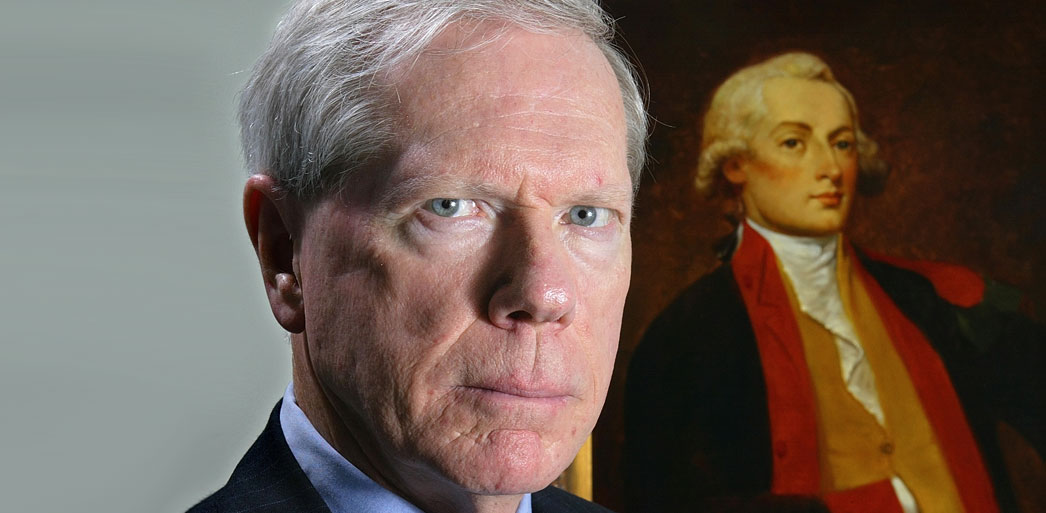
The inflation hoax
Yes, prices are rising, but not for the reasons the Federal Reserve says. When I say inflation is a hoax, I mean the purported cause is a hoax. The Fed is fighting a consumer inflation, a “demand-pull” inflation. But what we are experiencing is a supply-side inflation caused by the Covid lockdowns and economic sanctions that closed businesses, disrupted supply chains, and broke business relationships while reducing energy supplies to the UK and European countries, thus forcing up costs in a globalized economy.

Two-Party Pox: The Republicans suck and the Democrats want to kill you
The Republican Party has never stood up for Americans, will never stand up for them and is not going to do what it takes. Past is prologue.
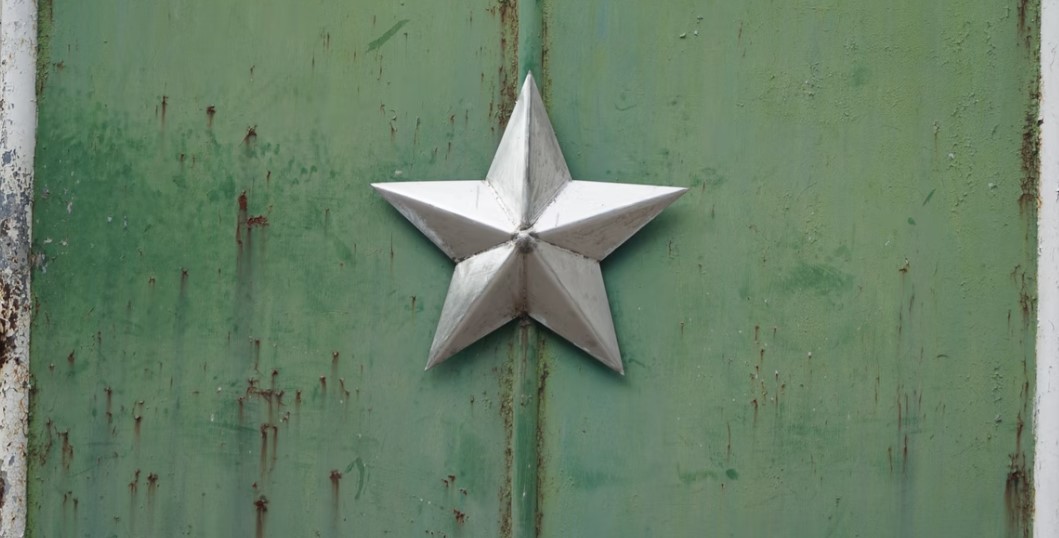
Russia’s loss at Kharkov highlights crippling shortage of men
KharkovThe frontline in this case relied on heavily outnumbered 2nd rate Lugansk draftees plucked from the LPR.
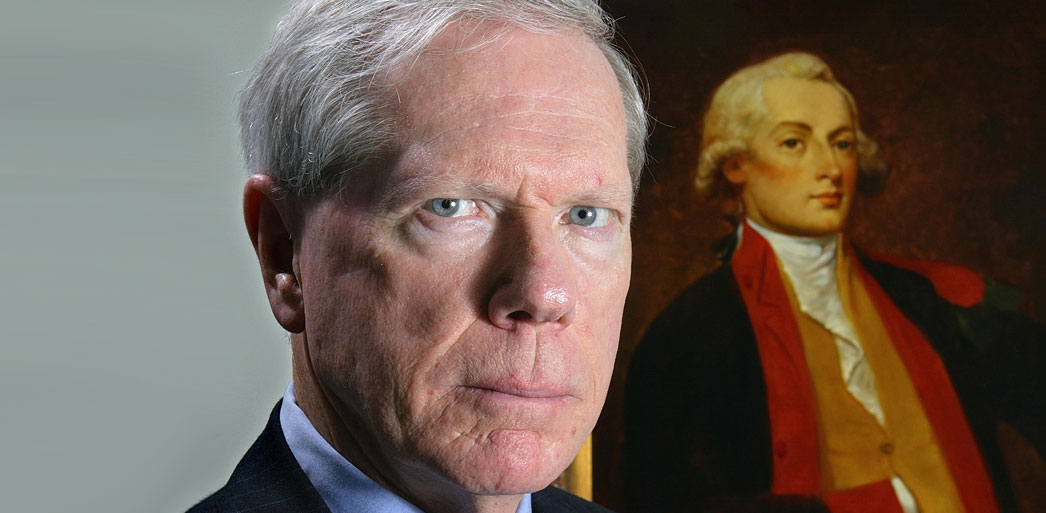
A country without an honest media is lost
For some time I have reported to you that in place of a media, a media that our founding fathers relied on to protect our society, the United States has had a propaganda ministry whose sole purpose is to destroy our society.

Sweden’s decaying democracy
A journalist is arrested and dragged out of the Gothenburg Book Fair because he politely asked a powerful politician... the wrong questions about his support for the ethnically-cleansed Zimbabwean dictatorship. Not only journalists, but academics and bloggers are being hounded by the leftist establishment daily. And the leftists have all the nasty instruments of the state at their disposal. Citizen reporter Fabian Fjälling looks into their excesses.
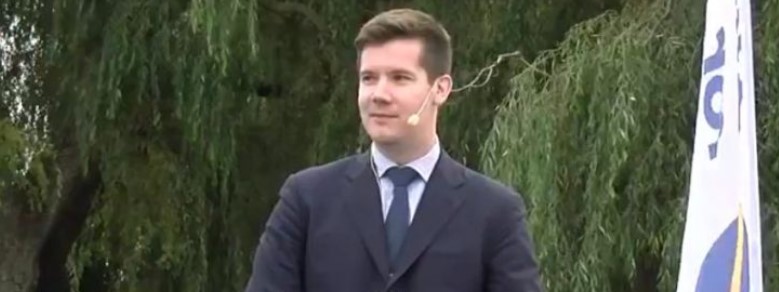
The geopolitical future of Nordic countries
Between unity and disunity, independence and foreign interference: Nordic countries have to either choose between creating an independent neutral block in the North, or seeing the region being divided between the great powers.
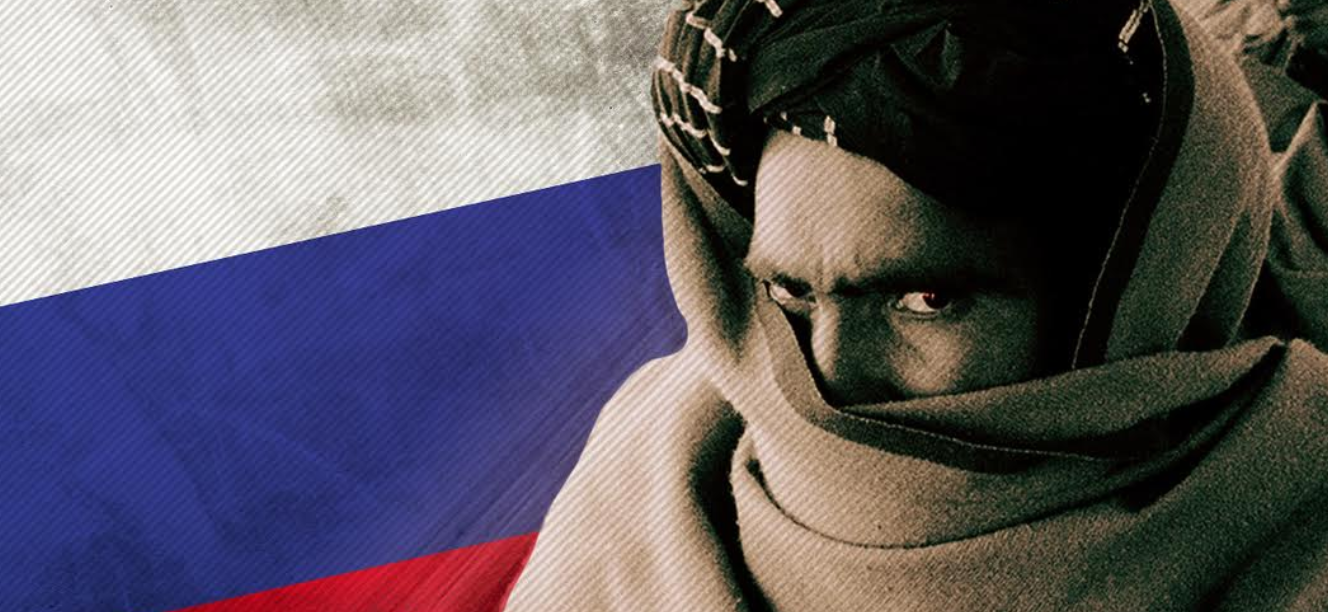
Russian, Chinese intelligence: ISIS heading for Central Asia with US cover
Operatives of the crumbling Islamic State in Syria and Iraq (ISIS) are moving to new battlegrounds near the Russian border, intelligence sources have revealed.

The unraveling of US/Russian relations
Washington has taken nuclear war against Russia from a hypothetical scenario to a real danger that threatens the future of humanity.

Hero commander killed in Syria – when the war is nearly won
For most Syrians it came as a shock: One of the most popular military commanders of the Syrian Arab Army, Issam Zahreddine, was killed on 18 October 2017.


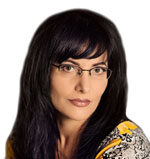
5 comments
Love how Illana eviscerates die anti-white, ethnomasochist, uber-Prog Leftists and fake news peddler Pieter du Toit for the scum that he is. The man is hostis humanis generis. He personifies the fifth column that journalism has become to a tee. This person is on par with the worst Leftist activists at the NYT, WaPO, CNN or MSNBC. It is telling that the far-Left Huffington Post SA rag he headed ended in being a massive black hole of money badly spent. As the internet saying goes “Go woke, go broke”. He’ll do the same to Nazipers’ News24 – and it will be good riddance to bad rubbish
De Klerk, South Africa’s biggest traitor, EVER.
you perhaps forget that De Klerk didn’t have a choice due to the arrogant suppression and refusal of the previous white governments to meet and discuss with the majority of people in South Africa. If the process had started early it could have been a very different outcome. De Klerk did the only thing he could do as he was between a rock and a hard place. How long do you really think we could hold onto apartheid. I think he was a brave man to stand up and act as he did. I imagine he saved a lot of lives by his actions and it is unfortunate that we now have to put up with the rape of South Africa by the incumbent ANC government.
Didn’t you read the article? What Ilana and many others argue for is not an indefinite continuation of apartheid, but that SA should never have accepted raw majority rule. There were other options on the table which would have included either allowing SA to split into ethnostates or federalization, power-sharing and self-determination for all races and ethnicities, including Whites.
Also, previous White governments did meet and discuss with Black groups. They did fail in many respects, primarily by allowing a massive influx of Black immigrants to begin with, motivated mostly by simple greed for cheap labour. Still, when De Klerk took over there were other options on the table. That he had “no choice” is simply wrong.
I have to agree with her take on what transpired, it was indeed a betrayal, and I have no reason to feel guilty as I did not give a “yes” in the referendum. I guess it comes from years of being involved in politics, that allowed me to sense when something is amiss, and my goodness, it was, and today we are paying the price for one man’s foolish action.
By submitting a comment you grant Free West Media a perpetual license to reproduce your words and name/web site in attribution. Inappropriate and irrelevant comments will be removed at an admin’s discretion. Your email is used for verification purposes only, it will never be shared.